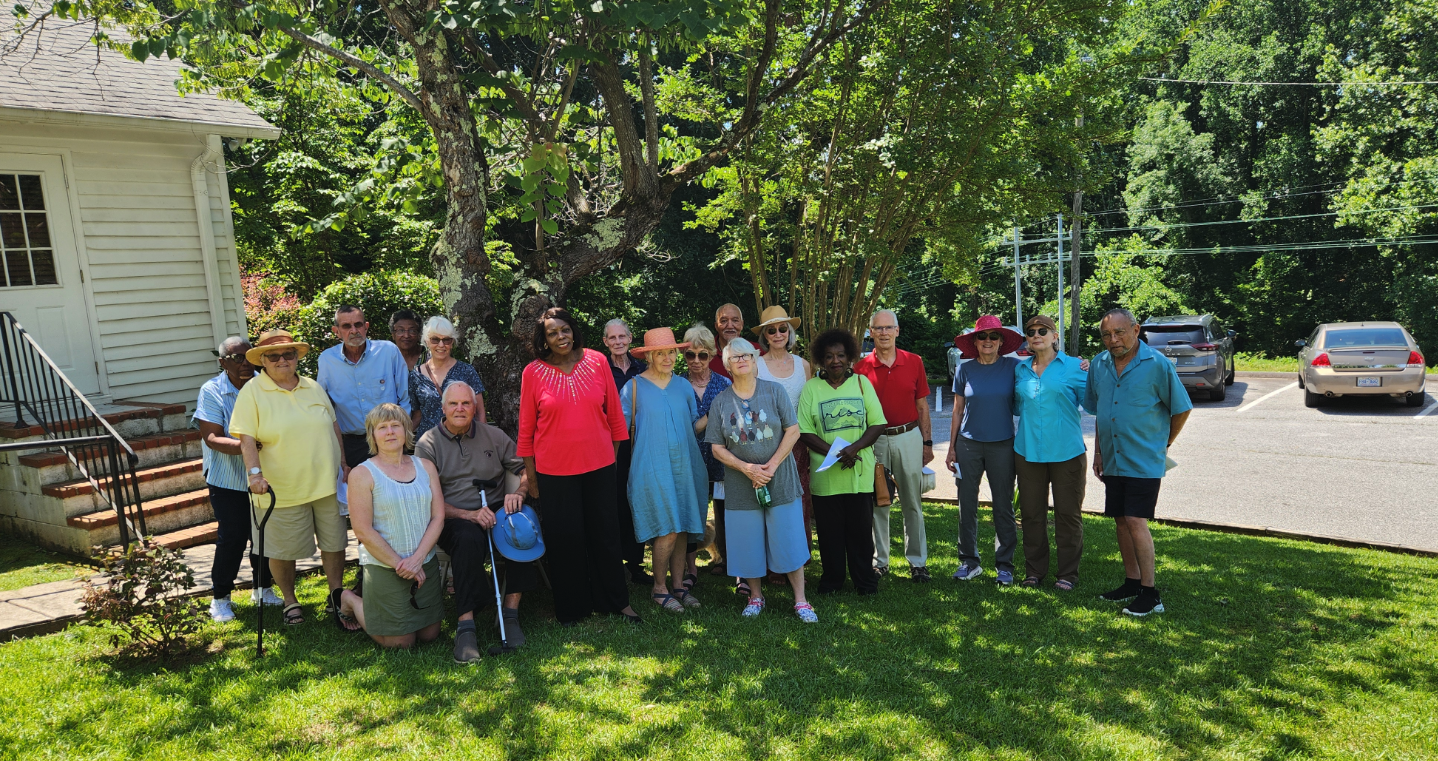Why equine isn’t farming
Published 5:22 pm Thursday, December 5, 2013
Having attended both Economic Development work sessions for county commissioners, I’m writing to offer them input (not allowed at sessions) and to share information with others.
The Dec. 2 session focused on economic sources essential for Polk County’s prosperity. Sources were listed as: 1) business and industry; 2) health care; 3) hospitality; 4) construction; 5) real estate and property management; 6) farming; 7) travel and tourism; 8) outdoor recreation; and 9) entrepreneurial proprietorships. Every source was identified only by name except farming, which was further defined as “row crops, field crops, viticulture, livestock, poultry, equine, etc.”
Commissioner Gasperson objected to equine being included in farming because, in Polk County, the equine industry is not typically involved in bona fide farming: i.e., the production of agricultural commodities for sale.
Discussion ensued, with those disagreeing pointing out that, “horse farms have the word farm in them;” “horse owners buy a lot of hay, which farmers grow;” and “the Standard Industry Classification (SIC) for Equines falls under Agriculture.”
A check of the US Dept of Labor’s SIC codes supports commissioner Gasperson’s position. The sole Agricultural SIC for horses (#0272) pertains to “establishments engaged in the production of horses and other equines where that production accounts for 50 percent or more of total sales of agricultural products.”
Most of the Polk’s 200 plus horse farms are for recreation, most are private not commercial, and, almost without exception, even the commercial farms sell services like boarding, training and lessons rather than producing horses for sale.
Further, the deptartment of labor characterizes other elements of the equine industry – horse shows, riding academies/schools, and riding stables – as “Miscellaneous Amusement & Recreation” (SIC #799).
Industry classifications aside, there is a more compelling reason for our equine industry to be a standalone economic category: Equine does not fit wholly and neatly into any one of the other sources. Rather it cuts across seven of the nine, driving a cumulative economic impact unmatched by any single industry here. For example:
1. Business and industry: 211 local businesses support equine, from veterinarians, farriers, horse transport, show management, trainers, feed stores, tack, truck/trailer sales and service, and everything in between.
2. Construction: Equine generates ongoing construction/repair of homes, barns, equipment storage, fences, arenas, shops, etc.
3. Real estate: Horse farms are a leading realestate category here and support several specialized realtors. Horse farms pay substantial property taxes while requiring fewer county services than higher density residential. In April 2013 commissioners unanimously approved new equestrian district zoning for economic reasons.
4. Farming: Equine demand has helped make hay Polk County’s top crop and further supports farm jobs through pasture management/maintenance services, mowing, manure removal/composting, and more.
5. Travel & tourism: Horse shows draw an estimated 26,000 participants and spectators to Polk annually; that number will grow with White Oak Equestrian Center’s development.
6. Entrepreneurial proprietorships: A diverse self-employed community supports equine through jobs like equine insurance, appraisals, barn managers, farm sitting, tack repair, judges, and many others.
7. Outdoor recreation: Our equestrian trails and foxhunts are significant attractors for relocation and our Hunter Pace series draws visitors nine months of the year and supports area charities.
Polk’s equine industry is an example of an economic cluster, an economic development term defined by the Institute for Strategy and Development (Harvard/Michael Porter) as “geographic concentrations of interconnected companies, specialized suppliers, service providers, and associated institutions in a particular field.”
The widely distributed nature of the equine industry is more complicated to quantify than a single factory or industrial park might be. But it is here, it is unique, it has significant economic impact, and it would make good business sense for commissioners to wholeheartedly support its success, not try to diminish it.
– Judy Heinrich
Collinsville





